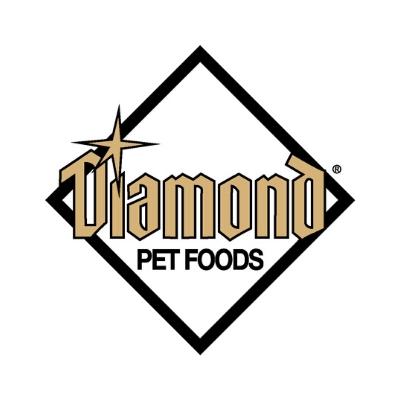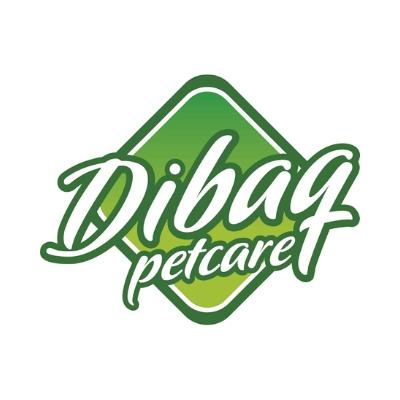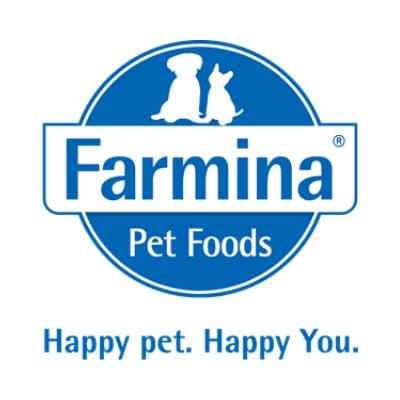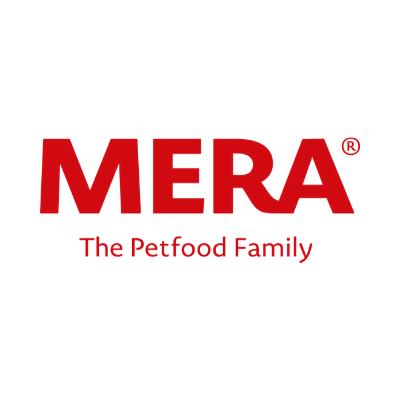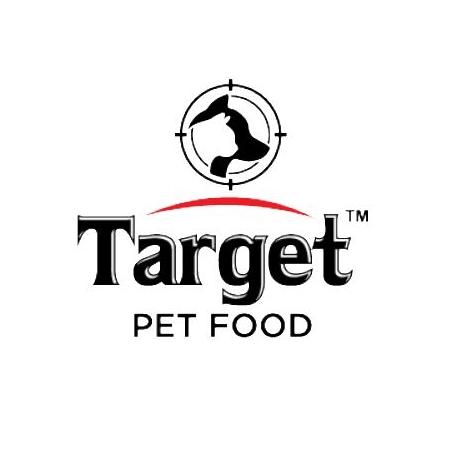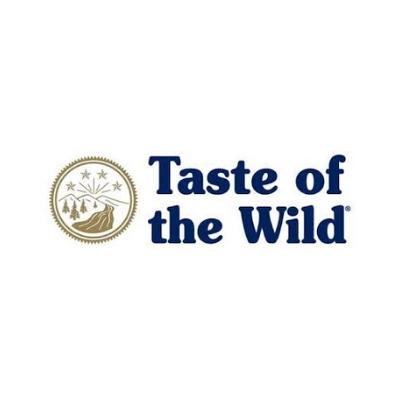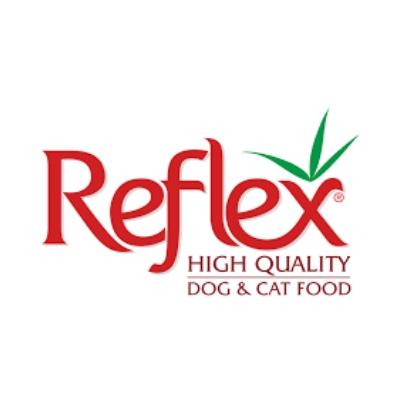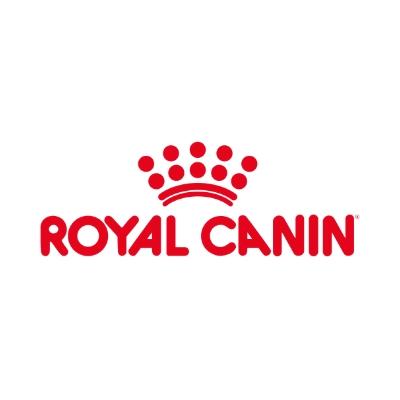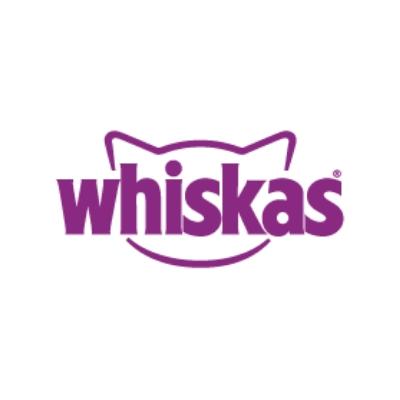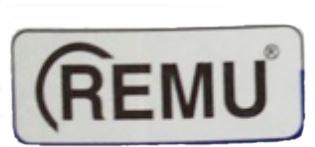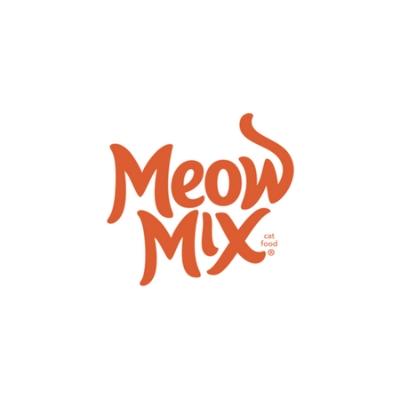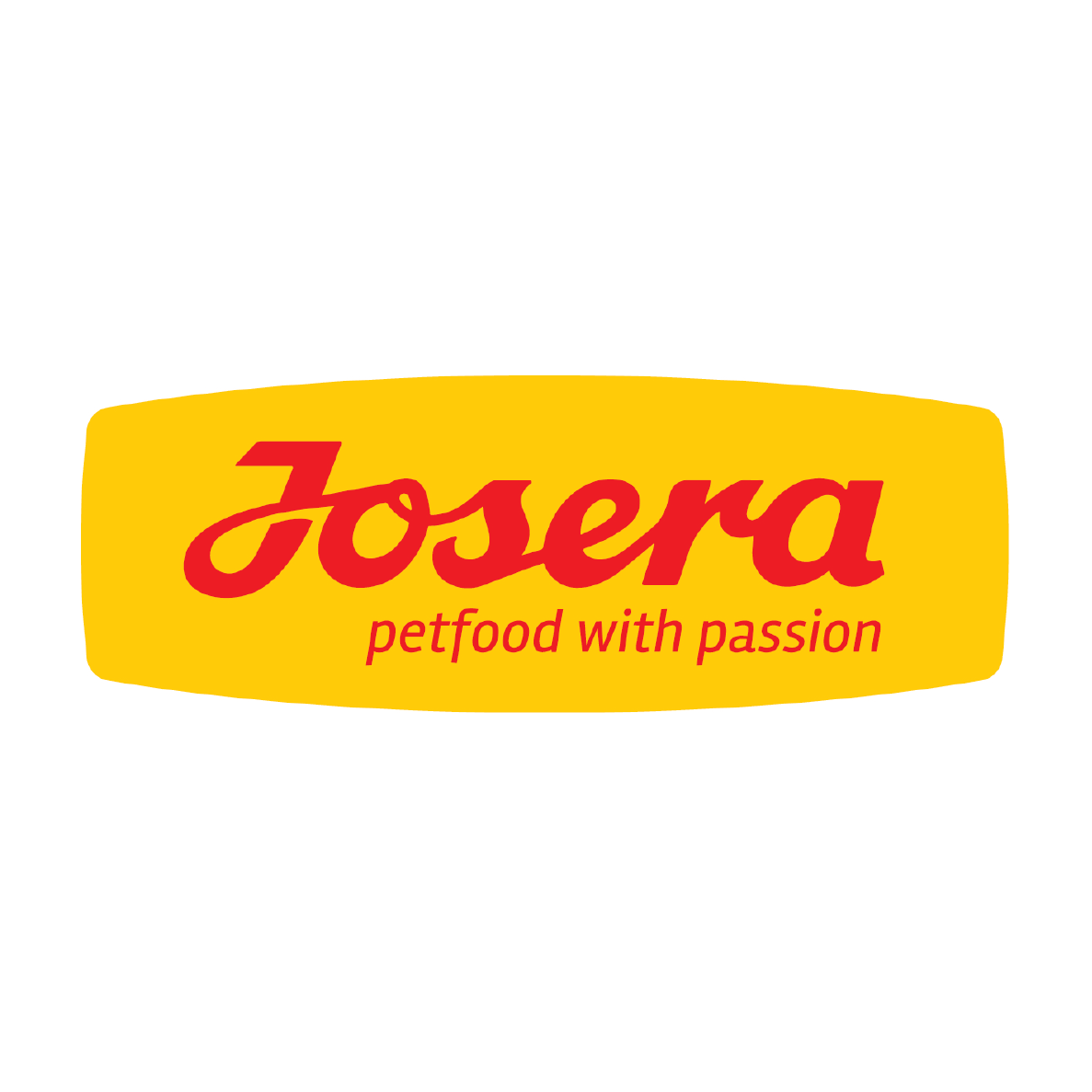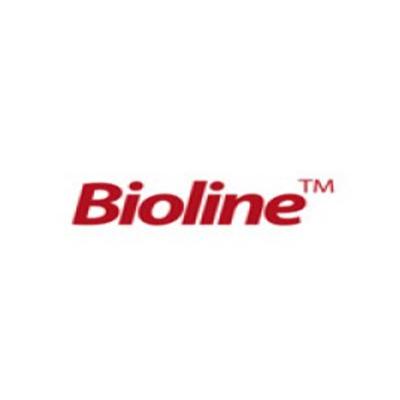Dog Stomach Ulcers
Introduction
Stomach ulcers, also called gastric ulcers, are disruptions or open defects in the lining of the stomach (gastric mucosa), caused by the sloughing of inflammatory, dead or dying (necrotic) tissue. Ulcers often penetrate deeply into sensitive layers of the stomach wall and cause painful, debilitating symptoms.
Causes & Prevention
Causes of Stomach Ulcers in Dogs
Gastric ulcers can be caused by many things. Common causes include:
Ingestion of toxic substances
Ingestion of foreign objects
Administration of irritating oral medications (nonsteroidal anti-inflammatory drugs (NSAIDs), corticosteroids)
Stress
Shock
Allergies (hypersensitivity reactions)
Cancer (primary or metastatic neoplasia)
Bacterial or viral infection
Chronic gastritis (inflammation of the stomach lining)
Inflammatory bowel disease
Pancreatitis
Disseminated intravascular coagulation (DIC)
Hypoadrenocorticism (Addison's disease)
Liver (hepatic) disease or failure
Chronic renal (kidney) failure
Intervertebral disk disease
Mast cell tumors (which release histamine, a powerful stimulant of gastric acid secretion)
Other neurologic, metabolic, endocrine or systemic abnormalities
Prevention of Stomach Ulcers
Dietary modification and management can help prevent stomach ulcers and may also reduce the severity of symptoms in dogs already suffering from severe gastric ulceration. Highly digestible diets reduce the inflammation and irritation associated with ulcers. Feeding small meals multiple times a day can also help relieve gastrointestinal irritation. Dogs should always have free access to fresh water, unless advised otherwise by a veterinarian.
Certain medications (NSAIDs; steroids) can contribute to stomach discomfort and should be administered carefully to minimize the risk of gastric ulcers. In some cases, they should be removed from the dog's regimen entirely. A drug called Misoprostol may reduce the risk of gastric ulceration in dogs that are being given NSAIDs. Because stress commonly contributes to gastrointestinal irritation in companion dogs, owners should assess their dog's environment to identify and eliminate any particular stressors, such as loud noises. Owners should also ensure that their dogs have a secure and private place for rest and regular exercise and play times during the day.
Special Notes
One of the most important complications of stomach ulcers is blood loss anemia. Another critical complication is stomach perforation, which can lead to septic peritonitis, shock and even death.
Symptoms & Signs
Introduction
Stomach (gastric) ulcers are fairly common in companion dogs. They are painful and can become very severe, dramatically compromising a dog's quality of life.
Symptoms of Gastric Ulcers
The symptoms of gastric ulcers are very similar to those of gastritis, which is a general term for inflammation of the mucosal lining of the stomach. They include:
Vomiting (emesis; can be sporadic or chronic; vomitus often contains digested blood that looks like coffee grounds)
Abdominal pain (often manifested by a "praying" or "bowing" posture)
Depression
Anxiety
Nervousness
Irritability
Loss of appetite (anorexia; inappetance)
Weight loss
Dehydration
Pale, tacky gums and other mucus membranes
Black, tarry stools (from digested blood)
In severe cases, the blood loss from gastric ulcers can cause even more severe symptoms, including:
Lethargy
Weakness
Disorientation
Collapse
Loss of consciousness
Shock
Any dog with chronic vomiting that includes evidence of digested blood may have gastric ulcers and should be seen by a veterinarian.
Dogs at Increased Risk
Gastric ulcers can affect dogs of any age, breed or gender. Certain commonly-used medications, including nonsteroidal anti-inflammatory drugs (NSAIDs) such as aspirin and ibuprofen, and also corticosteroids, are known to cause gastric distress, including ulceration, in companion dogs. Prolonged dehydration can reduce the amount of blood circulating through the gastrointestinal tract and can also predispose dogs to stomach ulceration.
Diagnosis & Tests
Introduction
Stomach ulcers are not particularly difficult to diagnose, and in fact are being diagnosed more frequently due to the increasing availability of endoscopy. A veterinarian can diagnose gastric ulceration by taking a complete history, conducting a thorough physical examination, assessing the dog's clinical signs and using a number of other readily available diagnostic tools.
How Canine Stomach Ulcers are Diagnosed
Any dog that is vomiting frequently, and whose vomitus contains material that looks like coffee grounds, should be suspected of having gastric ulcers. A veterinarian presented with this history will conduct a thorough physical examination, including a rectal examination, and will take a comprehensive case history. She also typically will draw blood for a complete blood count and serum biochemistry panel. The initial data base usually includes a urinalysis, as well. The results of these tests will be used to assess the dog's overall health and to check for any underlying medical conditions that could be contributing to its symptoms. They also may reveal the actual cause of stomach ulceration.
The attending veterinarian may recommend survey abdominal radiographs (X-rays), with or without the use of contrast media such as barium, as part of the initial work-up. Plain radiographs are usually not especially helpful, unless the stomach wall has actually perforated. Abdominal ultrasound can also provide valuable information about the health of the stomach and tissues of the upper gastrointestinal tract. These imaging techniques may disclose gastrointestinal obstruction by tumors or foreign materials, which might be causing or contributing to the patient's vomiting and discomfort. Abdominocentesis, which is the sampling of free abdominal fluid, can also disclose evidence of gastric perforation. Another available diagnostic technique is peritoneal lavage.
The gold standard for diagnosing the presence of gastric ulcers in dogs is an endoscopic examination, also called a "gastroscopy". During this procedure, the dog is sedated and a flexible endoscopic wand is passed through its mouth, down the throat (through the esophagus) and into the stomach. The wand houses a small camera at its tip, enabling the veterinarian to scan for and see signs of ulceration on a monitor screen in real-time during the examination. Superficial ulcers appear as patches of inflamed and eroded tissue, covered by whitish or yellow-ish pus. Deeper ulcers appear as crater-like lesions than in severe cases can actually penetrate full-thickness through the stomach wall. Biopsy samples of stomach tissue can also be taken with guidance from the endoscopy wand, for subsequent microscopic examination at a specialized laboratory. Most veterinarians will biopsy ulcers at their edges rather than in their center, to avoid perforating the stomach wall.
Special Notes
Usually, a veterinarian will be able to either rule in or rule out the presence of gastric ulcers by performing a gastroscopy. This procedure is not particularly difficult to perform, and it may help to identify the cause of stomach ulcers, if they are present. Single, isolated ulcers in an otherwise normal stomach are highly suggestive of gastric neoplasia (cancer), especially if the tissue surrounding the ulcer is thickened. Multiple ulcers or generalized ulceration suggests a different cause.
Treatment Options
Introduction
Stomach ulcers usually can be well-managed medically. Ulcers that have perforated the stomach wall require immediate hospitalization and surgical correction. Severe stomach ulcers that have not yet perforated the stomach wall may also require hospitalization and intravenous fluid replacement therapies, blood transfusions and nutritional or electrolytic support. Other treatment options include supportive care, dietary modification, medication and lifestyle changes. The goals of treating gastric ulcers are to identify and remove the underlying cause of the ulcers, promote healing of the stomach lining, relieve pain and discomfort and stabilize the dog sufficiently to prevent further internal bleeding or stomach perforation.
Treatment Options
Dogs suffering from acute symptoms of gastric ulcers, such as severe vomiting, dehydration and blood loss, require immediate supportive care and probably hospitalization. Intravenous fluid replacement, nutritional and electrolyte support, antibiotics, pain medication (analgesics) and medications to relieve vomiting (antiemetics), may all be helpful. Medications are a very common treatment for gastric ulcers, although certain drugs can actually cause or contribute to stomach ulceration, including NSAIDs and corticosteroids. There are a number of drugs that a veterinarian can prescribe to reduce the production of gastric acid and to coat the lining of the stomach, which helps to relieve the uncomfortable effects of ulcers.
Blood transfusions may be necessary. Dietary changes may help in mild cases and may reduce the severity of symptoms when dogs are suffering from severe ulceration. Highly digestible foods may help reduce inflammation and irritation of the digestive tract. Feeding small meals multiple times a day can also help reduce gastrointestinal irritation. Free access to fresh water should always be provided to companion dogs, unless a veterinarian recommends otherwise. Medications and foods which can cause or contribute to stomach ulcers should be removed from the dog's regimen. Dietary modifications and prescription medications typically need to be continued for a period of time after a dog suffering from stomach ulcers is released from the veterinary hospital.
Surgery may be necessary, especially if the ulcers deeply penetrate the stomach lining, are bleeding profusely, have perforated the stomach wall or are otherwise resistant to healing. Surgical correction involves removing the tissue containing the ulcer and the tissue closely associated with it.
Prognosis for Dogs with Stomach Ulcers
The outlook for dogs with mild to moderate stomach ulcers is good to excellent, as long as the condition is diagnosed and treated in a timely fashion. The prognosis for dogs with severe stomach ulceration depends upon the dog's response to treatment and its overall health.










